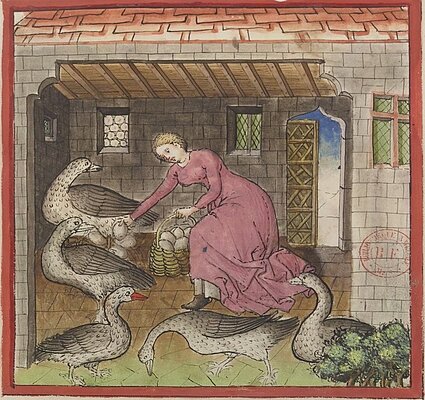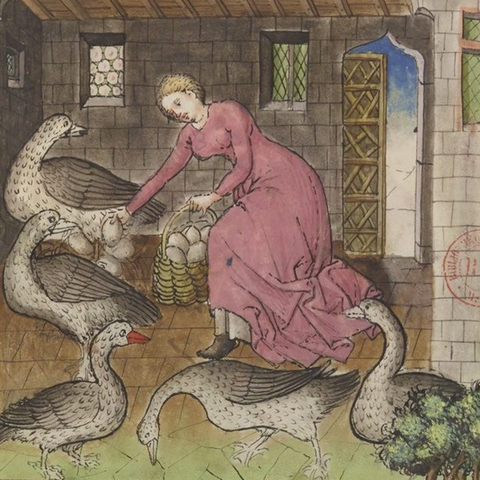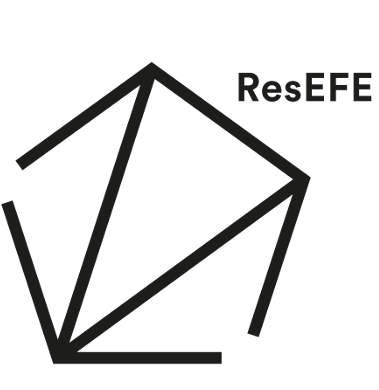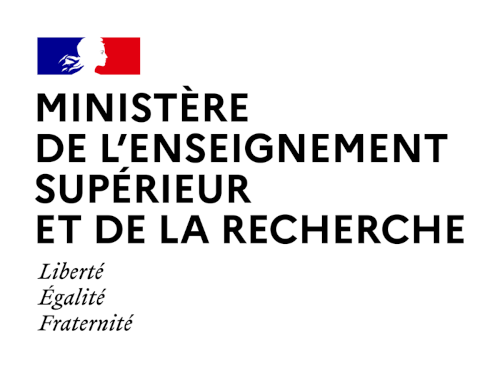
AMÉRICANIMAL
Animal colonisation of the New World (late 15th to early 19th century)
Presentation:
Could Europeans have colonised the vast expanses of America without the help of animals? This seemingly anecdotal question needs to be taken very seriously. Until recently, the role of animals in the colonisation of the Americas has been by historiography. Only horses and dogs of war have merited some attention, if only because of their (exaggerated?) role in the conquests. On the other hand, pigs, chickens, sheep, mules and goats - species unknown to pre-Columbian societies at the time - have been ignored in the process of imposing a Castilian culture on the New World.
In 1972, Alfred Crosby was one of the first historians to take an interest in the Europeanisation of the environment through plants and animals, but he devoted only around thirty pages to the latter. The AméricAnimal collective aims to pick up where Crosby left off, by offering previously unpublished case studies focusing on the Americas and the Iberian Peninsula and taking a long-term approach, from the fifteenth to the early nineteenth century. Understanding how the animal colonisation of the New World unfolded necessarily implies including the Iberian Peninsula in the investigation. The medieval Spains of the post-Reconquest period were the matrix of societies based on extensive agropastoralism, meat consumption (particularly in old Castile, Navarre and Asturias), hunting as a marker of the identity of the hidalgía and the training of horses and dogs. This Iberian matrix has been projected (and adapted) across the Atlantic.
Historians, anthropologists, archaeologists and art historians will trace the animals through archives, artefacts, stratigraphic layers and biomaterials, in order to take a fresh look at the complex processes of pacification, settlement, colonisation and development of conquered territories. In return, the historical contributions of this collective, multi-disciplinary investigation will provide essential food for thought on current societal issues: changes in the environment, our relationship with animal otherness, changing diets, the energy transition and violence against (and by) animals.
Partners institutions:
École des hautes études hispaniques et ibériques (Casa de Velázquez, Madrid)
Université Paris Nanterre
Université de Lille
Centre d’ Études en Civilisations, Langues et Lettres Étrangères (CECILLE)
Projet coordinators:
Philippe Castejón (Université de Lille)
Arnaud Exbalin (Université de Paris Nanterre)
Team members:
Université de Lille
Daniel Ramirez
Université Paris Nanterre
Lise Bernard
Baptiste Bonnefoy
Elfie Guyau
Aliocha Maldavsky
François Regourd
Muséum national d’Histoire naturelle
Elise Dufour
Université Paris 1 - Panthéon Sorbonne
Alicia Espinoza
Aurélie Manin
Université Clermont Auvergne
Thomas Brignon
Université Toulouse - Jean Jaurès
Emmanuelle Perez-Tisserant
EHESS-CRH
Jéronimo Bermúdez
Antoine Duranton
CEMCA-IFEA
Romuald Housse
Frédéric Spillemaeker
Casa de Velázquez (EHEHI)
Laura Baldacchino
Université Bordeaux Montaigne
Marthe Czerbakoff
UNAM-CIGA
Karine Lefebvre
Alvaro Melo Rodríguez
Maria José Negrete
Jovanka Spiric
Universidad Nacional Mayor de San Marcos
Jimmy Martinez
Ernesto Olazo
Francisco Quiroz Chueca
Luis Alberto Rosado
Cecilia Turin
Marina Zuloaga Rada
Universidad de los Andes
Claudia Leal
Universidad de Buenos Aires
Paula Zagalsky
Université de Floride
Susan DeFrance
Gabriel Prieto
Université de Pennsylvanie
Marcy Norton
KC O’Hara
Activité passée
Genre et animaux dans les mondes hispaniques (Époques médievale et moderne)
V

















